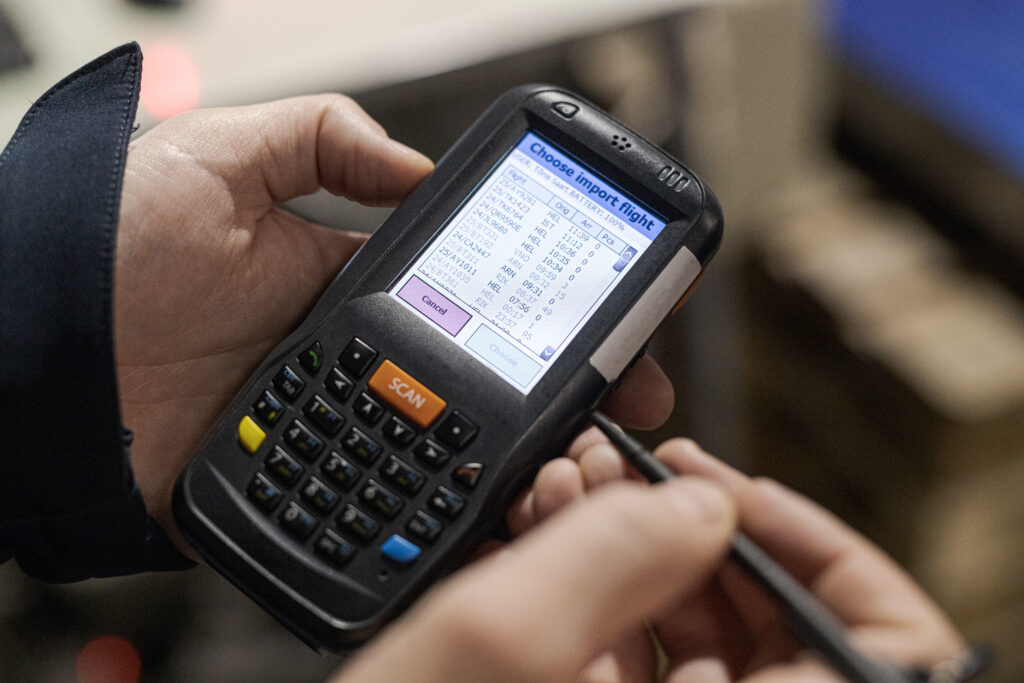Air cargo is what keeps global trade moving, yet too many terminals are still stuck in the past, juggling paper, disconnected systems, and endless manual tasks. That slows down operations, creates bottlenecks, and drains valuable resources.
That’s where Qstep comes in.
Built to unify ground handling operations on one single platform, Qstep transforms paper-heavy, repetitive workflows into streamlined, digital processes. From e-AWB to the latest data-sharing standards, it empowers cargo handlers to leverage modern technology to streamline processes, improve workflow efficiency, and reduce repetitive manual work and back-office tasks.





